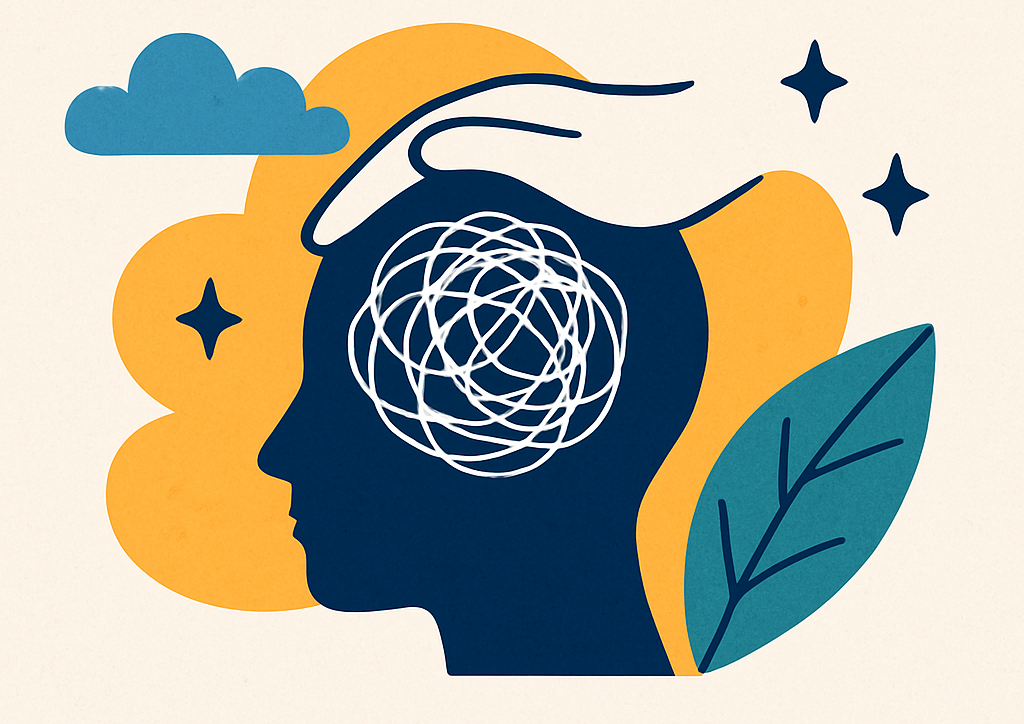Mental health is just as important as physical health — yet it is often overlooked. In today’s fast-paced world, anxiety and depression are becoming increasingly common. Fortunately, recognizing the early signs can make a significant difference in getting timely help. In this post, you’ll learn how to identify the symptoms of anxiety and depression, when to seek help, and where to find trusted resources.

Understanding Anxiety and Depression
To begin with, it’s crucial to understand that anxiety and depression are not just occasional feelings of stress or sadness. Instead, they are medical conditions that affect how a person thinks, feels, and behaves.
According to the World Health Organization, depression is a leading cause of disability worldwide. Likewise, anxiety disorders are among the most prevalent mental health conditions, impacting millions of people globally.
Common Signs of Anxiety
Anxiety manifests in both emotional and physical ways. Here are some of the most common signs to look out for:
Excessive worrying, often about everyday situations
Restlessness or feeling on edge
Rapid heart rate or shortness of breath
Trouble sleeping or staying asleep
Difficulty concentrating
Avoidance of social situations
Additionally, someone with anxiety may constantly expect the worst, even in relatively safe or normal environments. While occasional anxiety is normal, persistent or intense anxiety can interfere with daily life.
Common Signs of Depression
On the other hand, depression can present differently. It is more than feeling sad for a few days. The signs often last for weeks or months, and include:
Persistent sadness or a feeling of emptiness
Loss of interest in activities once enjoyed
Changes in appetite or weight
Low energy or fatigue
Feelings of worthlessness or hopelessness
Difficulty concentrating or making decisions
Thoughts of self-harm or suicide
If someone shows multiple signs for more than two weeks, it may indicate a depressive disorder. At this stage, seeking professional help becomes essential.
When to Seek Help
Many people hesitate to talk about mental health due to stigma or fear of judgment. However, early intervention can prevent symptoms from worsening. If you or someone you know is experiencing signs of anxiety or depression, consider reaching out to a mental health professional.
You can use platforms like Psychology Today to find licensed therapists near you, or access support through public services such as the National Alliance on Mental Illness (NAMI).
How to Support Someone Who’s Struggling
If you suspect a friend or loved one is going through a tough time, try to be open, compassionate, and nonjudgmental. Let them know you care, and encourage them to speak with a professional.
Moreover, you can offer support by:
Listening without trying to “fix” the problem
Checking in regularly
Suggesting professional help
Avoiding dismissive phrases like “just cheer up”
Final Thoughts
In conclusion, recognizing the signs of anxiety and depression is the first step toward recovery. With awareness, compassion, and support, anyone can take action — whether for themselves or a loved one. Mental health matters, and no one should face it alone.
